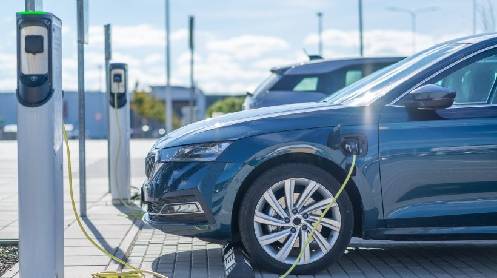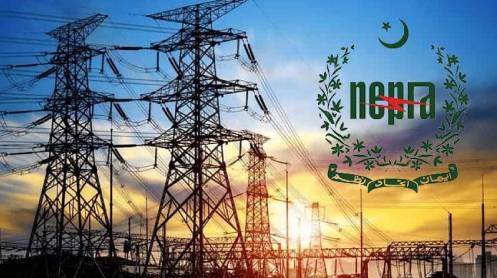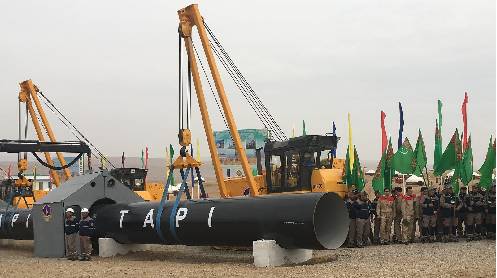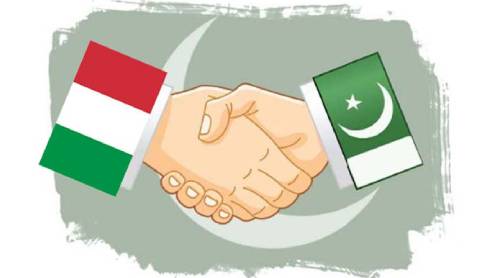KARACHI: The upcoming National Electric Vehicle Policy (NEVP) 2025-30 aims to reshape Pakistan’s automotive industry with a shift from fossil fuel vehicles to electric alternatives through notable tax breaks on imports. However, local EV assemblers are concerned that these liberal import measures will hinder domestic manufacturing efforts.
A key feature of the policy draft offers reduced customs duties for imported NEV category vehicles, including cars, SUVs, and light commercial vehicles. Completely Built-Up (CBU) units will enjoy a 25% customs duty until June 30, 2027, increasing to 50% after that, with a sales tax of 10% on imported units. This framework, scheduled for release by the end of this month, has caused frustration among local EV manufacturers who feel bypassed by the favorable import conditions.
Local assemblers argue that these incentives benefit imports rather than boosting the domestic assembly sector. “There’s a need to restrict imports to strengthen local manufacturing,” an assembler commented.
Market insiders suggest the policy favors a major Chinese EV company, which plans to start local assembly in Pakistan by 2026. Until then, the company is expected to fill the market with imports under existing incentives. This strategy, they say, could limit job creation and strain foreign exchange reserves, though others argue that initial EV imports could help gauge consumer interest and lay the groundwork for local production.
Meanwhile, the Engineering Development Board (EDB) has licensed Regal Automobiles to assemble Pakistan’s first electric SUV, the Seres 3, at its Lahore facility, with production set to start soon. Additionally, Sazgar Engineering Works Ltd (SEWL) and Dewan Farooque Motors Ltd are advancing plans for local EV production, with SEWL investing in a 140-kanal expansion for manufacturing and Dewan Farooque assembling EVs under a toll manufacturing agreement.
Story by Aamir Shafaat Khan





